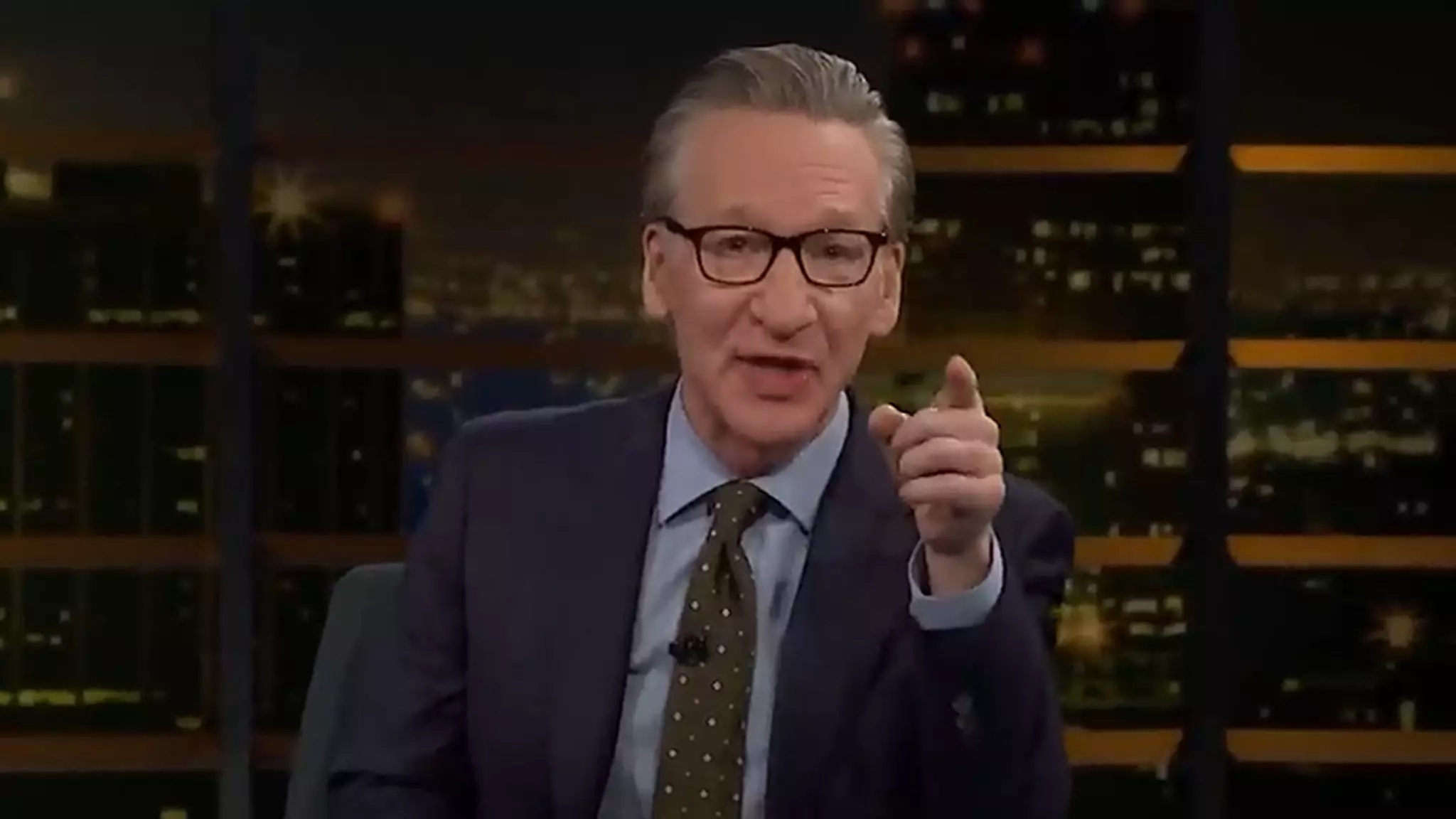During a recent episode of “Real Time,” Bill Maher took a critical stance on the reactions towards Cheryl Hines in response to her husband, RFK Jr., throwing his support behind Donald Trump. Maher pointed out the hypocrisy in labeling Trump as “icky” while also subjecting Cheryl to the same label. This showcases a double standard in how individuals are treated based on their associations rather than their own actions.
The criticism aimed at Cheryl Hines for her husband’s political stance is unwarranted and unjust. Bradley Whitford’s tweet, in particular, exemplifies the aggressive and vitriolic nature of social media responses. Whitford’s demand for Cheryl to speak out against her husband or even consider divorce is an overstep of boundaries and lacks empathy towards her as an individual.
The current political climate, as highlighted by Maher, is characterized by a lack of empathy and understanding towards individuals with differing opinions. Instead of engaging in civil discourse, there is a tendency to shame, scold, and attack those who do not align with one’s beliefs. This reflects a broader societal issue of dehumanizing others based on their affiliations.
Maher references Obama’s past warning to the Democratic party about assuming the worst in people with opposing viewpoints. Obama emphasized the importance of not resorting to shaming and scolding as a means of discourse. This serves as a reminder of the need for respectful dialogue and the recognition of common humanity, even in the face of disagreement.
The harsh and aggressive responses towards Cheryl Hines on social media further highlight the toxicity that permeates online platforms. The anonymity and distance provided by the internet often lead to an escalation of hostility and a lack of regard for the feelings of the individuals targeted. This behavior reflects a broader societal issue of digital incivility.
The critical analysis of the left’s response to Cheryl Hines reveals a troubling pattern of hostility, intolerance, and lack of empathy. It is essential to reevaluate how we engage with those who hold differing viewpoints and strive towards a more compassionate and understanding discourse. By recognizing the humanity of individuals, regardless of their associations, we can foster a more inclusive and respectful public dialogue.

